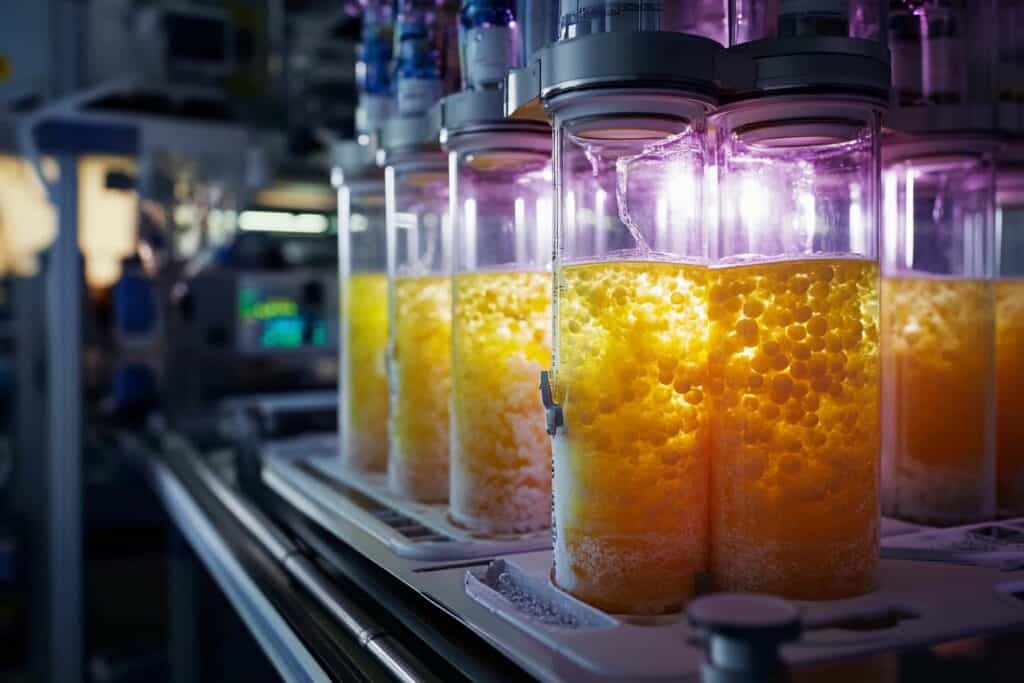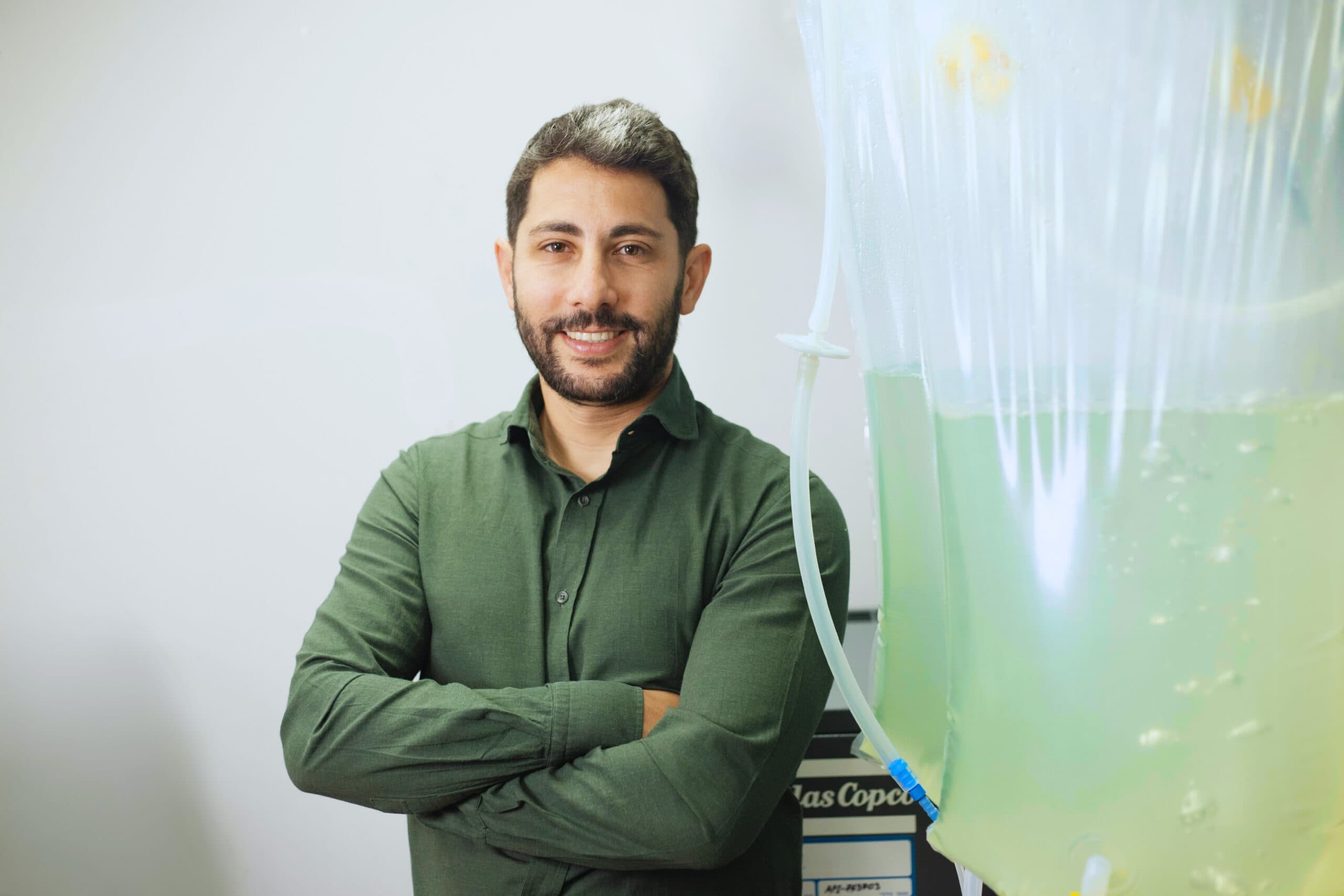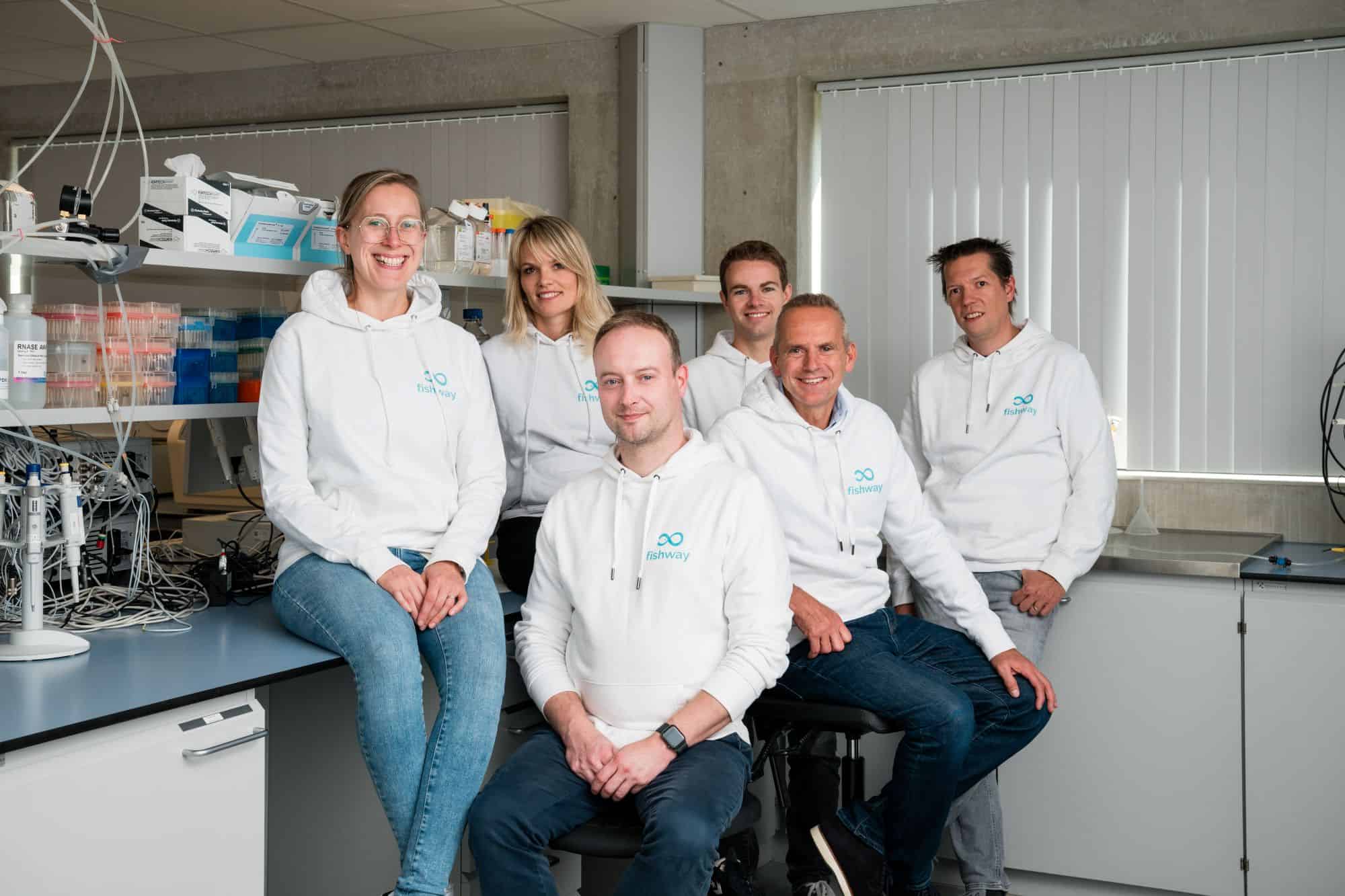Asterix Foods, a food-tech startup based in Tel Aviv, has raised $4.2 million in a Seed funding round led by CPT Capital, with additional backing from ReGen Ventures, SOSV, Grok Ventures, and the Israeli Innovation Authority. The company, which emerged from stealth mode today, is focused on transforming the production of bioactive proteins, which are integral to the food and biotechnology sectors.
Traditional protein production faces high costs
The challenge with producing bioactive proteins through traditional methods, particularly precision fermentation, is the high cost. Fermentation typically requires substantial capital investment, with facilities often exceeding $100 million. Asterix Foods believes it has found a more efficient solution. The company has developed a plant cell culture system that eliminates the need for complex microbial fermentation, significantly reducing production costs.
Instead of genetically engineering microbes, Asterix uses plant cell suspension cultures housed in modular bioreactors. This system cuts facility expenses by over 95% compared to standard fermentation plants. The new approach not only offers cost savings but also accelerates production timelines, reducing the process from years to mere months. Furthermore, it removes the need for specialized cleanroom infrastructure, commonly required for microbial fermentation.

Dan Even, the CEO of Asterix, pointed out that bioactive proteins play a key role in various industries, including food, nutrition, and health. “Our system shows how future production facilities can be deployed quickly, flexibly, and at dramatically lower cost,” Even stated. His background in plant molecular biology and genetic engineering at the Weizmann Institute of Science informs the company’s unique approach to protein production.
Advantages of plant cells over microbes
Asterix’s plant cell culture technology also offers advantages in protein complexity. Plant cells, being multicellular organisms, are naturally equipped with cellular machinery capable of producing complex proteins like glycoproteins—proteins that are challenging to generate through microbial fermentation. Additionally, plant cells are less prone to contamination, making the process more resilient and less reliant on the expensive, sterile conditions required by traditional methods.
Harry Kalms, an investor at CPT Capital, noted, “Companies are recognizing the limits of today’s protein supply chain and looking for ways to produce high-value, bioactive proteins at a fraction of the cost, and at unprecedented volumes.”

In practical terms, the company operates a pilot facility located in a standard office building in Tel Aviv, Israel. This site demonstrates the flexibility of Asterix’s system, which can be deployed anywhere, even in locations without access to arable land. The modular design of the production units allows for incremental scaling, enabling smaller facilities to start production with minimal upfront investment. Multiple proteins can also be manufactured on the same line, further enhancing efficiency.
Furthermore, Asterix’s bioreactors can run continuously, unlike traditional fermentation systems that often experience downtime due to maintenance and cleaning. This ensures year-round, uninterrupted production and a more resource-efficient process, as the bioreactors operate at room temperature, reducing energy consumption and water usage.
Po Bronson, General Partner at SOSV and Managing Director at the IndieBio startup development program, stated, “Plant cell suspension cultures are already used by at least 16 global corporations for producing everything from vaccines to food pigments. Asterix is now pushing this platform further, opening new opportunities to produce alternative proteins with unprecedented cost-efficiency and precision.”




